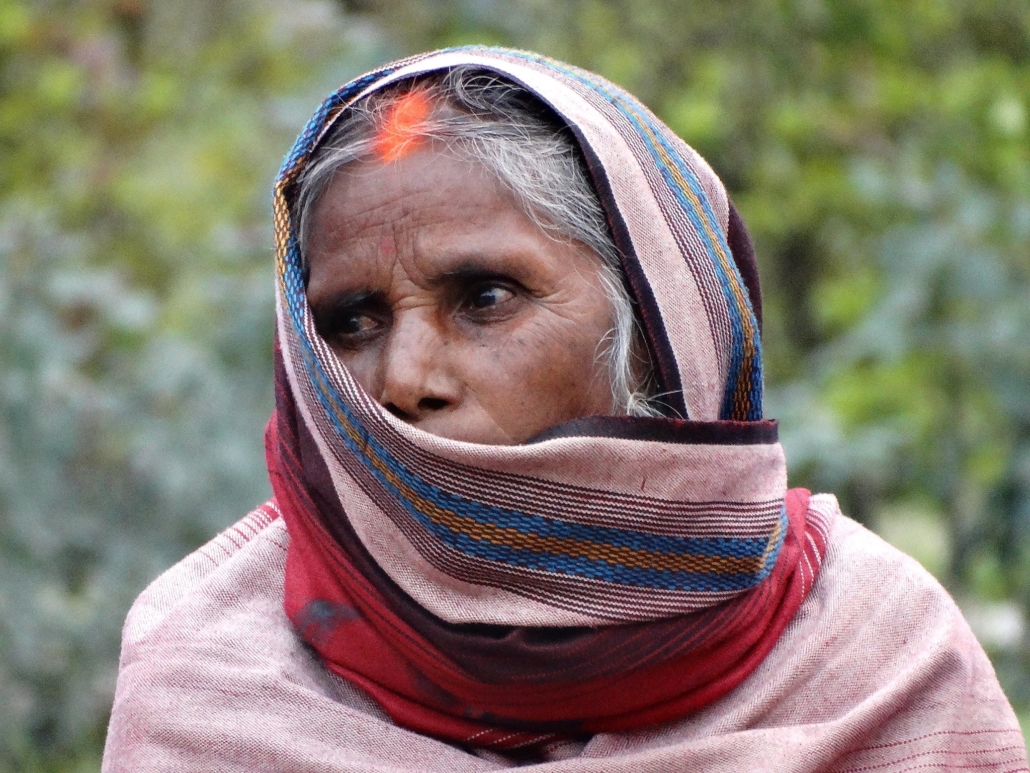Khabar Lahariya Works for Change in India
 Since 2002, Khabar Lahariya, a newspaper in the northeastern Indian states of Uttar Pradesh and Bihar, has been changing perspectives and advocating for justice. With a team of all women, Khabar Lahariya takes on corrupt authority figures and unjust social systems, fighting for change in the communities it covers and the country overall.
Since 2002, Khabar Lahariya, a newspaper in the northeastern Indian states of Uttar Pradesh and Bihar, has been changing perspectives and advocating for justice. With a team of all women, Khabar Lahariya takes on corrupt authority figures and unjust social systems, fighting for change in the communities it covers and the country overall.
Beginnings
Khabar Lahariya grew out of a literacy program for women. In the program, participants wrote about topics in their communities that mattered to them. When the program came to a close, the women wanted to continue these reading and writing efforts, thus prompting the creation of a weekly newspaper in 2002 called Khabar Lahariya. The paper was in print up until the mid-2010s and then moved online. In 2020, The Story newsletter reported that Khabar Lahariya had grown from 80,000 newspaper readers to around 5 million viewers every month on YouTube. Currently, the new digital news platform has 540,000 YouTube subscribers.
Exposing Social Issues and Injustice
Khabar Lahariya’s staff comes from heavily marginalized groups. All of the staff are women, but they are also Dalits (the lowest social caste in India) as well as Muslims and indigenous Adivasis. By publishing a newspaper, Khabar Lahariya’s staff have resisted oppressive systems and are also able to earn an income by working for the paper. The staff members receive compensation and their ongoing training serves to strengthen the newspaper even further while improving the literacy rate among women.
The digital newspaper provides a way for its staff to expose social issues and injustice. “We expose corruption and the way that public money gets handed around, talking about what kind of welfare schemes are being rolled out, at what point and in what area. How do those actually pan out on the ground?” Disha Mullick, the paper’s co-founder, explained in a 2020 interview with The Story. One of Khabar Lahariya’s most recent stories covers India’s rural employment scheme, which has failed many people, leaving them struggling to get by with little work.
Igniting Change
Additionally, Khabar Lahariya does “a lot of reporting around human rights for gender and caste,” Mullick tells The Story. The paper explores questions such as, “Why do certain crimes have impunity? How does violence against women happen? What exactly does it mean? How does it change?” Khabar Lahariya’s reporting highlights the voices of survivors of violence as well.
The Khabar Lahariya team’s work has resulted in tangible change. People are able to hold their government accountable and demand the services rightfully due to them. Road improvements and school constructions are tangible reflections of this success. Perpetrators of sexual violence face punishment and a cultural shift is forming surrounding sexual violence as people no longer view it as a crime that perpetrators should get away with.
However, not everyone supports Khabar Lahariya’s work. When the paper first began, the women were met with pushback from their husbands. Moreover, women working for Khabar Lahariya face death threats with mobs visiting their houses.
Looking Forward
Despite the challenges, Khabar Lahariya continues to flourish, gaining international attention along the way. In 2014, it won Deutsche Welle’s Global Media Forum Award for its community journalism. Most recently, in 2021, it won the Courage in Journalism Award from the International Women’s Media Foundation. Also this year, a film about Khabar Lahariya called “Writing With Fire” premiered at the Sundance Film Festival, where it won the Audience Award for World Cinema Documentary.
Khabar Lahariya’s staff work hard to transform their communities and society as a whole. The film will hopefully spread the word about their continuing efforts. “With this movie coming out, there will be a lot of impact on people,” lead journalist Meera says in the film’s Q&A session with the Sundance Institute. She expresses that the film may bring about negative consequences for Khabar Lahariya, but it may also “have a great impact on the society, because people would know a lot about them, a lot about journalism, and also, the strength that they have.”
– Victoria Albert
Photo: Flickr
